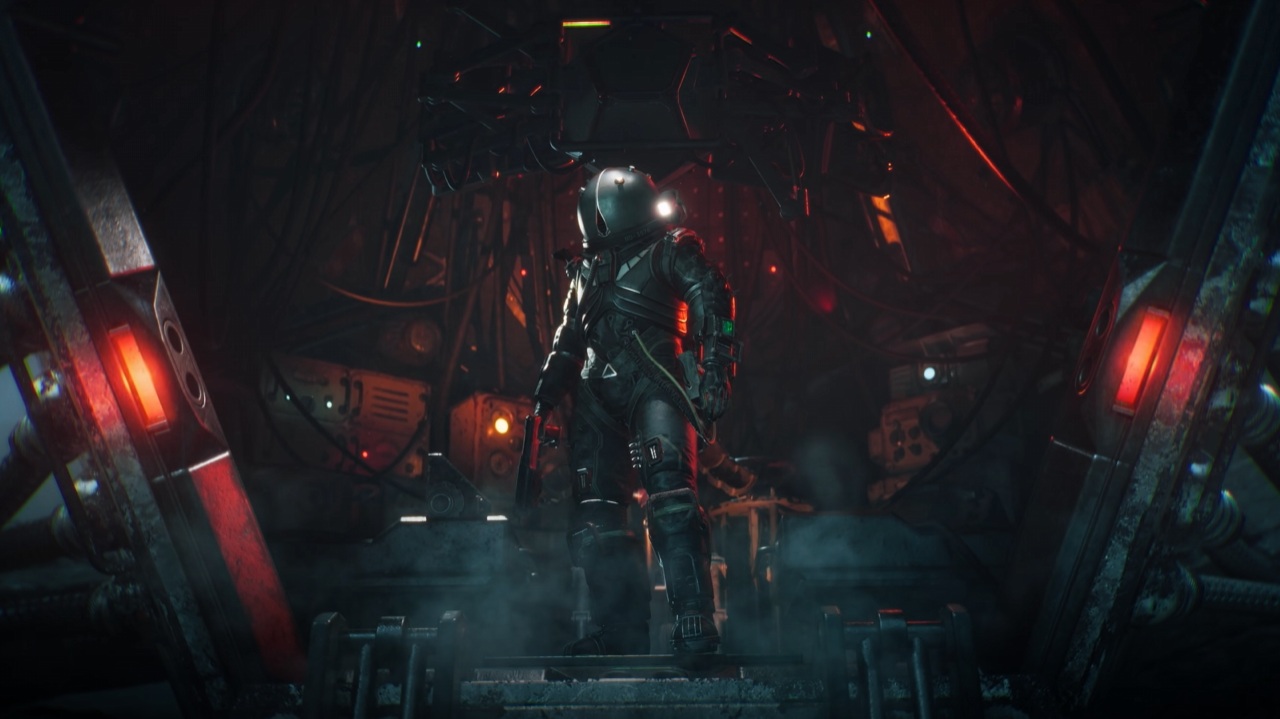This weekend's Xbox outage put Microsoft's DRM back in the spotlight
Lengthy disruption across the weekend raised the specter of Xbox One's 2013 DRM.
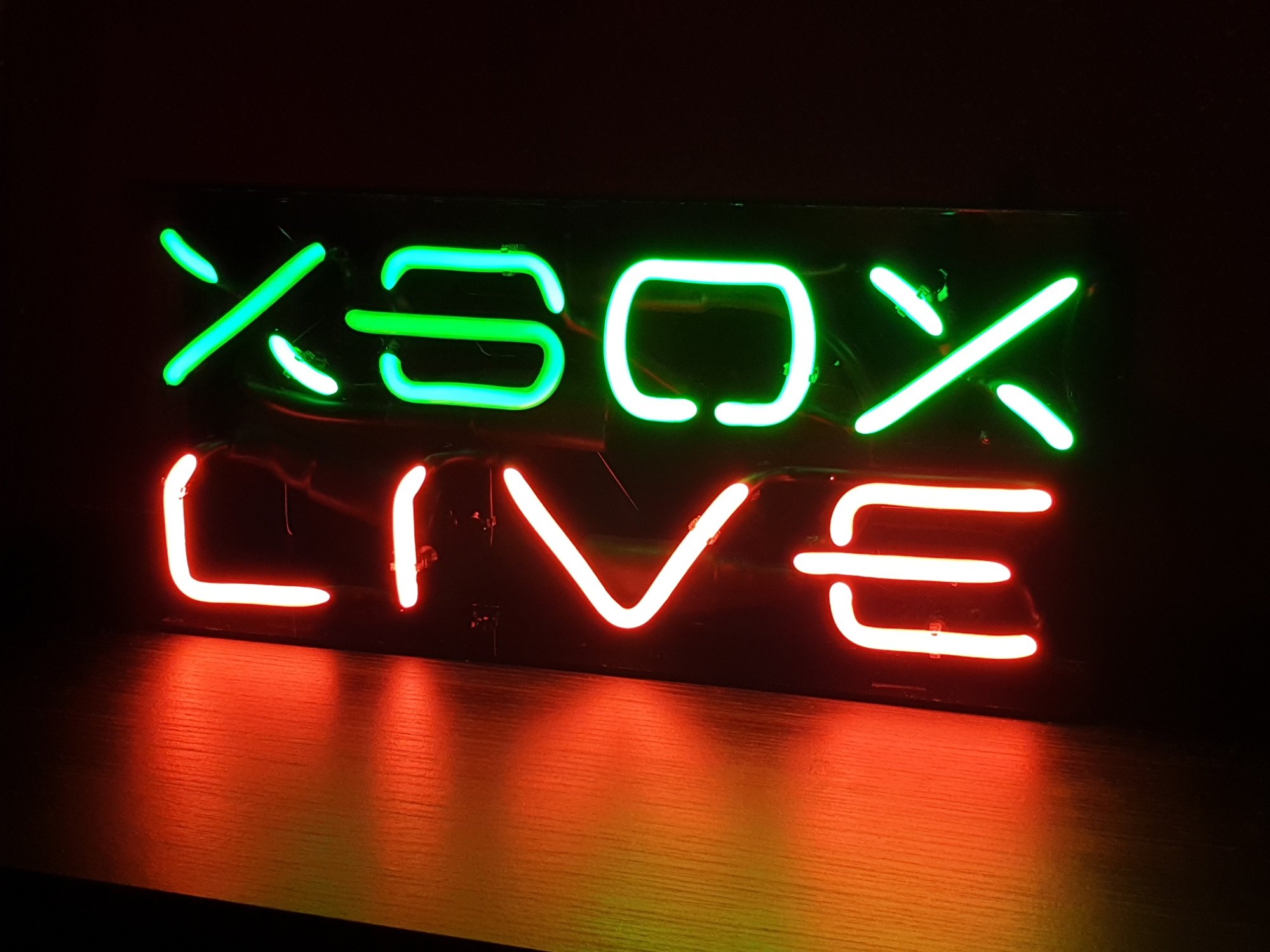
Xbox has a uniquely controversial history with digital rights management, otherwise known as DRM. DRM refers to the general practice of verifying the authenticity of a digital piece of content, whether it is music, movies, or of course, games. DRM controversies crop up from time to time. I recall the disaster that was 2013's SimCity from EA. Its legendarily awful DRM failed on launch day, leading to thousands being unable to access offline play, or even do basic things like save games. It came hot on the heels of Xbox One's own DRM disaster, with the revelation that the console would be an always-online affair. Microsoft would, of course, later backtrack, but the internet has a long memory.
This past weekend, Xbox's authentication servers were down for millions of gamers across the world, raising some bad memories for Xbox users. In a statement to us, Microsoft said that Xbox Live's systems that prevented purchases and game launches have stabilized and that they're working on releasing an update for the servers this week to prevent this problem from happening again. However, the specter of the Xbox One's tumultuous launch era reared its head in the ensuing discourse.
So, what exactly went wrong?
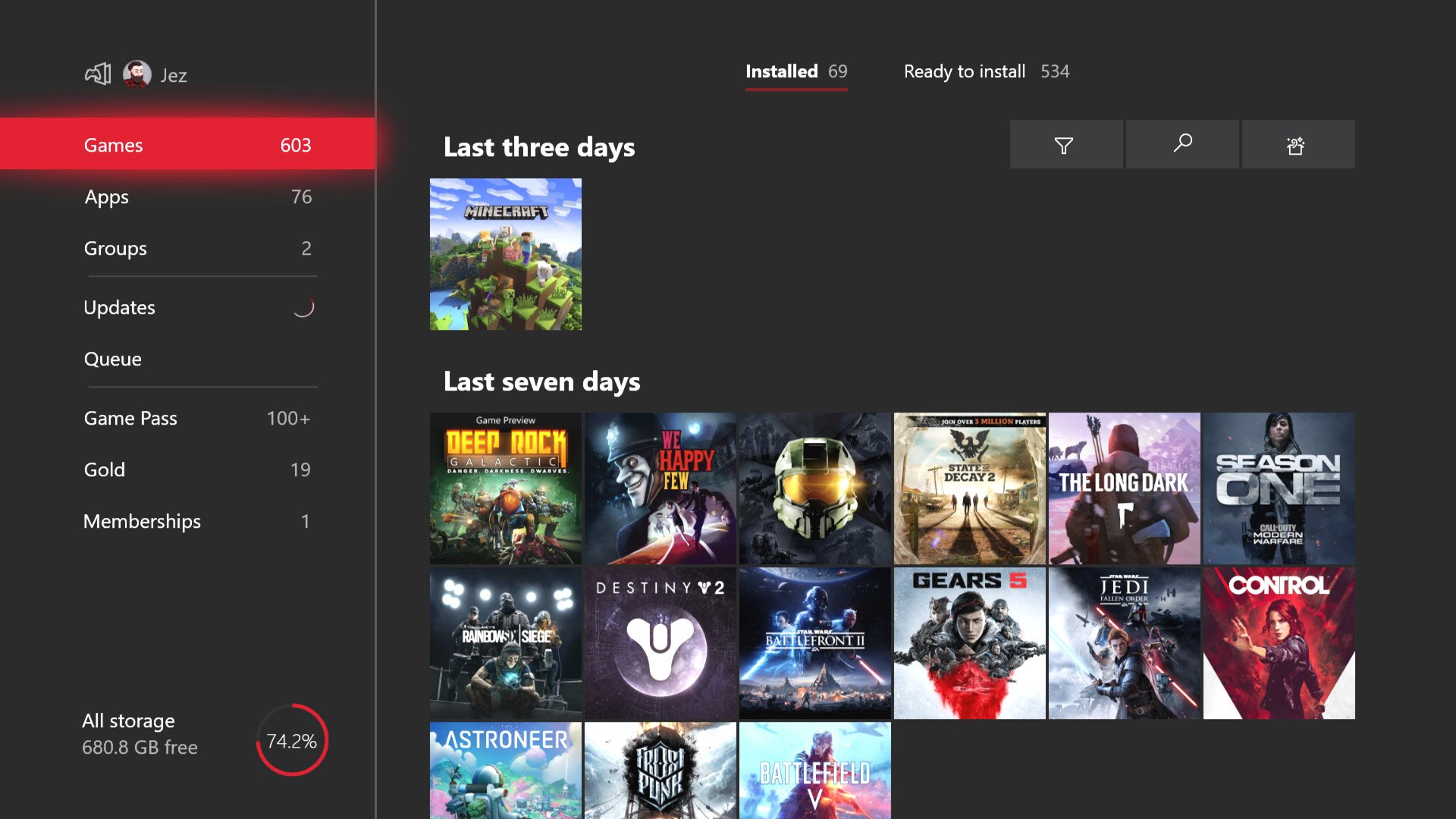
Across the weekend, many users were slapped with "The owner of this content needs to sign in" messages, as Xbox's servers failed to verify the authenticity of Xbox users' ownership of specific content. On Xbox consoles, you essentially have two login states for your account. One is a "Home" Xbox login, and another is your cloud login. The cloud login is intended to be used on external Xbox consoles, in situations where you might be visiting a friend, for example, so you can team up and play together. Many users also use this feature to share games with a friend, or with a second console within their household.
As someone who library shares with a family member, it's often a consequence that during periods when Xbox Live goes down, I lose access to my games. This is because to verify your license rights to your cloud login, naturally, you need to be able to connect to the cloud.
Theoretically, users who are playing on their account's "home" console shouldn't have had any issues, given that the DRM check-in for licenses on the home console is far more generous. However, many users were sharing reports that they were unable to access ownership of their games even on home consoles. Although, it seems as though at least some of these scenarios were the result of confusion over how different games interact with DRM.

A scenario where you can't access an offline game even on your home console may arise when you're attempting to play a game that hasn't received its initial offline license, for any particular reason. In a conversation with Ashley McKissick, Xbox CVP for Gaming Experiences and Platforms, I discovered a little bit more about how game licenses work on the console. In order to receive an offline license for a digital game (which lasts forever on Xbox consoles once downloaded), you have to have launched the game at least once.
Update May 11, 2022: I have received some clarification that some games receive the license at the point of installation, while other games, owing to backward compatibility and other developmental nuances, may need at least one launch to initialize the license provision.
Get the Windows Central Newsletter
All the latest news, reviews, and guides for Windows and Xbox diehards.
In the case of disc-based games, McKissick confirmed that these pull the license from the disc itself. However, some users may have found that running backward-compatible Xbox One games on an Xbox Series X|S may have still failed to launch from the disc during this outage, since they need to pull down some compatibility settings on the first load.
It certainly wasn't the case that Microsoft intentionally attempted to pull access to offline games on your home consoles. And for conspiracy theorists, I also confirmed that it wasn't Fortnite hitting Xbox Cloud Gaming that brought the servers down either.
Regardless, confusion over these systems and inconsistencies that may arise became a major talking point in the Xbox community over the weekend. It all put a spotlight on scenarios where access to authentication servers, for whatever reason, might not be possible.
This put a spotlight on Xbox's DRM, once again
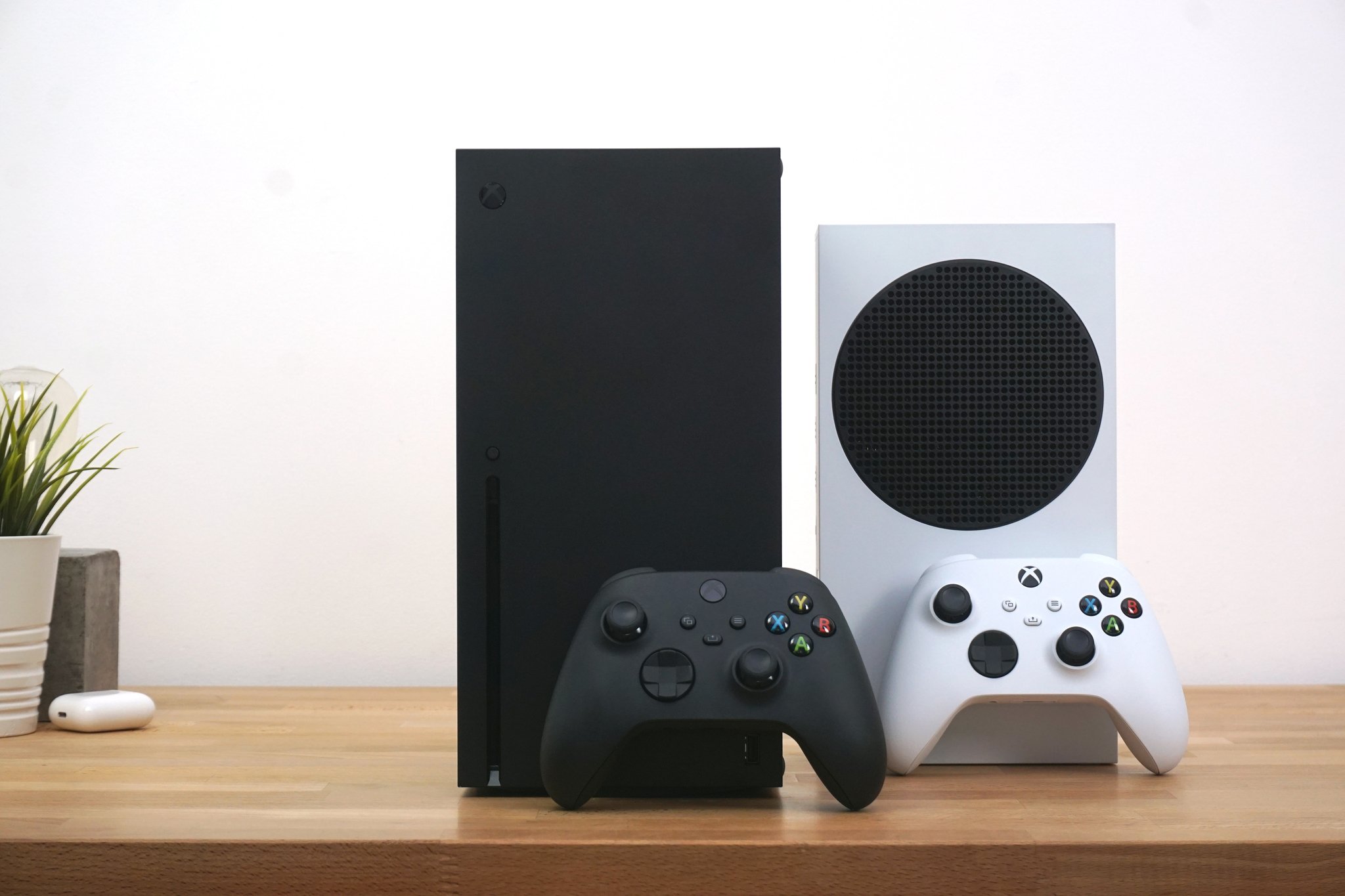
Without DRM, an Xbox owner would theoretically be able to download the hundreds of games on Xbox Game Pass and EA Play using a $1 trial, disconnect their console, and have them forever without paying for it, for example. DRM obviously has some merits for verifying digital ownership and file integrity, but there's obviously a point where DRM negatively impacts a paying user's experience, as we saw this past weekend.
DRM remains a contentious topic in general. As pertains to Xbox, you have the fact the consoles need an initial online connection to set up. Then there's the fact many discs only contain a license for a game in the post-Steam age, lacking the files to fully run the game without the internet.
Opponents of DRM lament the fact that license servers shut down in some theoretical distant future, all of that content will become inaccessible. I'm personally of the opinion that Microsoft's global Azure server array will not only outlast any domestic collection of discs but also probably the lifespan of every human alive today. That said, I am also an advocate for anyone who wants to physically own those discs and content, without internet access. Indeed, any scenario where offline games on your home console, digital or disc-based, could ever become inaccessible owing to DRM, isn't acceptable in my view. And indeed, it was confirmed to me that the inability to play offline games on your home console was not intentional, and merely the result of the server problems that Microsoft is working to patch.
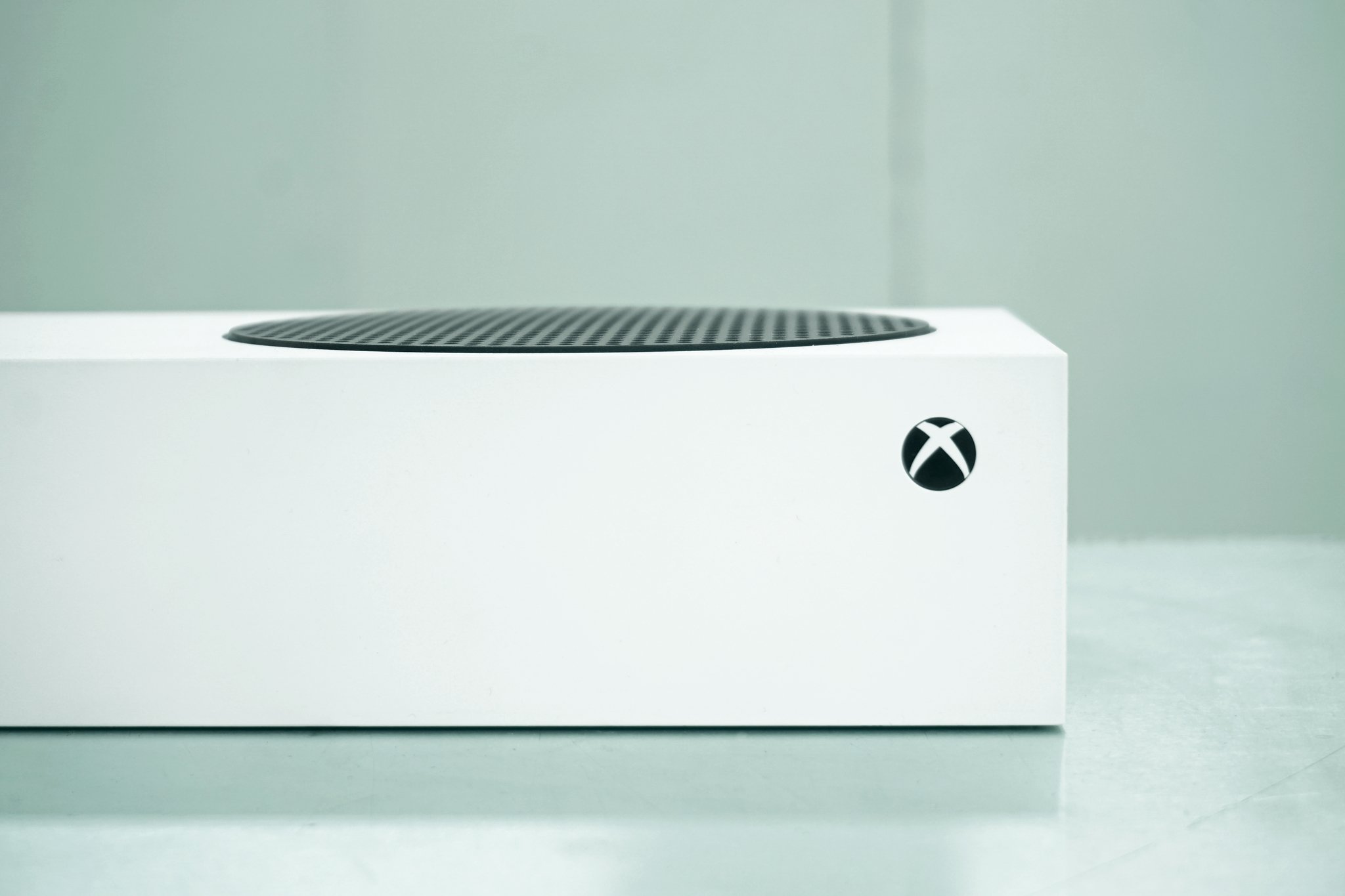
Microsoft's own support pages describe how to play games offline, after all. There was undoubtedly confusion and inconsistency about how some games offer licenses, and can potentially get stuck in an unverified state. Cutting through the conflicting reports and licensing models that could create these situations has been complex, to say the least. Quite clearly, I think there's room to streamline here, and it's becoming important to do so in a world where digital-only consoles like the Xbox Series S are becoming more common.
Microsoft is one of the few big platform holders that seem to actively care about software preservation. Just this past week, they open-sourced the 3D Movie Maker from Windows 95, and have done more to bring forward and enhance past-gen games than any other company. Windows itself is the ultimate backward-compatibility engine, with the capability to run decades-old games from the '80s or even earlier, without issue. However, it's rational to be skeptical of any mega-corp, when so many of them have shown that they're more than willing to degrade the user experience in the name of profit.
Microsoft could go a fair bit further to offer clarity and transparency about game licenses on the console itself.
There's no guarantee that the Microsoft of the future will care about game preservation or even gaming. The abundance of uncertainty in the tech industry precludes trust. Competing mega-corp Apple has been criticized for removing iOS games for the crime of "not receiving an update for two years." While I trust Microsoft to not behave this way, the idea of a tech entity deciding on a whim to remove access to content is certainly not without precedent.
Whether you trust platform holders or not, DRM on consoles is ripe for a bit of modernization. Steam already allows up to 10 users across 10 authorized PCs to library share at a system level, which is by far more user-friendly than what console platforms are offering today, although it comes at the cost of being able to resell any of those games. Ironically, Microsoft was planning to offer this functionality with the launch version of the Xbox One in 2013, alongside the ability to resell games at "participating retailers." Consumers at large rejected it because the simplicity of physical ownership is an embedded part of the console tradition. Almost a decade later, console platforms are skirting this strange concoction of license provisions and dual-entitlement that grows increasingly confusing in a subscription-oriented, digital-first world. Couldn't we make it better somehow?
More clarity couldn't hurt
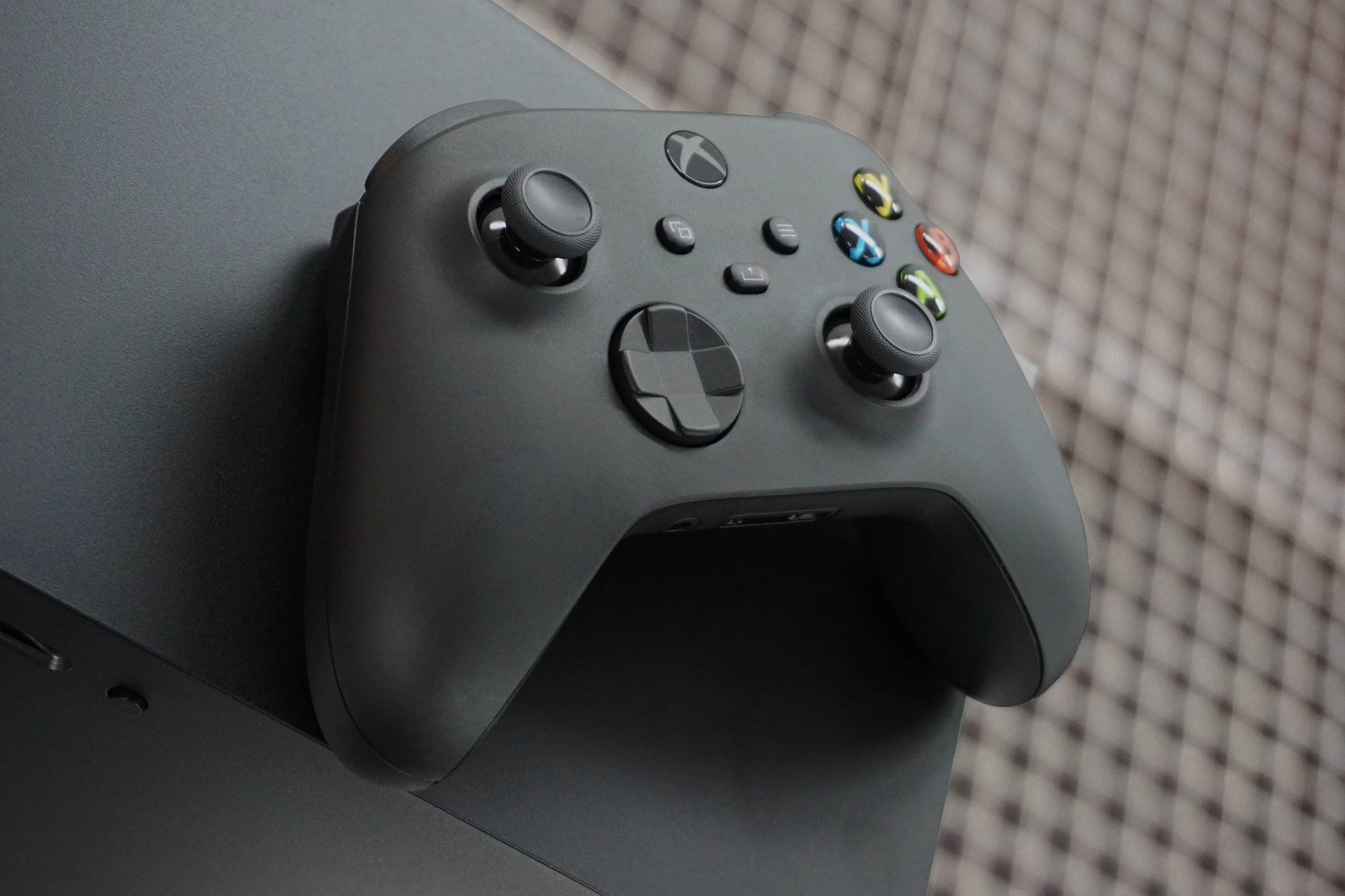
DRM is a dirty word, but I don't think it's unreasonable for game developers to want to verify that users actually paid for the content they receive. Either way, the systems we have in place today are evidently opaque. When things are all working as they should be, Xbox's DRM pings are something that happens in the background without any knowledge to the user, containing only a few bytes of data. When things aren't working as they should be, it seems like we end up in a world where we don't know what games we'll actually have access to, as rare as disruption can be on Microsoft's end. At the very least, it would be nice if Xbox consoles could present some of that information to users at an OS level in the future. It would also be nice if the license could come down with the initial download, without the launch requirement.
Funnily enough, an Xbox engineer on ResetEra said a year ago that Microsoft could do a bit more on their end to clear up confusion when these situations arise.
"... we (Xbox) need to improve our on-console error messaging; the very generic and unclear error messaging clearly adds confusion and can lead to mistrust of the system. There is actually an effort internally to revamp licensing-related error messaging, and I will ensure that this feedback is heard internally to continue driving that effort."
Some error phrasing has changed, but perhaps it hasn't quite gone far enough as of yet.
I'd like to know what policies Microsoft might enact in a far-flung, distant future scenario where Xbox is shut down by (an incredibly mean) future cyborg quintillionaire tech CEO. Or, what if some kind of asteroid shower wipes out the surface of the Earth (and Azure), forcing us to all live underground with offline-only consoles? Although, in that situation, I fear we'd all have more pressing matters to consider. Thankfully, there are many great Xbox survival games you can play offline — or at least, I think you can. Are these games fully playable on Xbox Series X|S from the disc? Do they require DRM checks or configuration patches at launch? Does this game have licenses that expire? Will it launch without a day one patch?
Any way Microsoft can reduce the need for games to ping servers should be preferable. The fact it feels like we can never be sure about how modern Xbox games may function in offline situations can be — at the very least — confusing. Couldn't we make it better somehow?

Jez Corden is the Executive Editor at Windows Central, focusing primarily on all things Xbox and gaming. Jez is known for breaking exclusive news and analysis as relates to the Microsoft ecosystem while being powered by tea. Follow on Twitter (X) and Threads, and listen to his XB2 Podcast, all about, you guessed it, Xbox!
